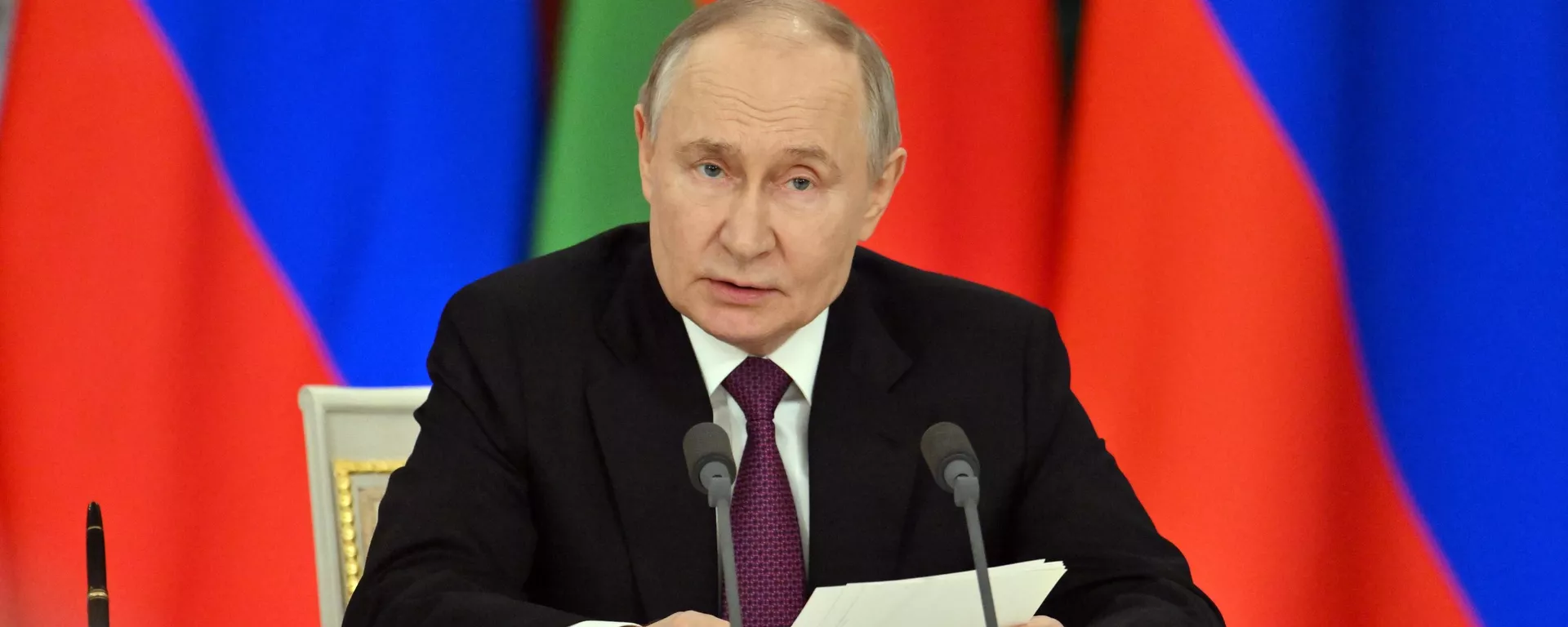Sectoral Losses:
$123 billion in IT and media
$94 billion in the consumer goods sector
$71 billion in finance
$26 billion in industry
$10 billion in energy
Source: Figures provided to Russian media by Russian Direct Investment Fund (RDIF) chief Kirill Dmitriev.
Biggest Losers?
Information compiled from publicly available reports and company statements over the past two-and-a-half years shows that:
Exxon suffered a $4 billion write down on its Russia-related businesses.
McDonald’s recorded a $1.4 billion non-cash write off in 2022 attributed to its Russia exit.
General Motors lost $657 million.
Google’s Russian subsidiary declared bankruptcy in 2023 with debts totaling $587 million. A Russian court has fined the company $2.5 undecillion rubles for restricting Russian media channels on YouTube.
Whirlpool recorded $400 million in Russia-related losses.
Coca-Cola lost $195.4 million.
Disney reported $195 million in losses from “depreciation of intangible assets” in Russia in 2022.
IBM recorded $300 million in losses in 2022, blaming Russia and inflation for 3,900 slashed jobs.
Starbucks suffered undisclosed losses after closing its 130 Russian coffee shops, accounting for nearly 1% of global sales.
Microsoft lost $126 million.
Ford took a $122 million hit.
Nvidia lost $100 million.
Apple recorded $79.3 million in losses.
Xerox faced $80 million in losses in Q4 2023.
Adobe reported $75 million from lost payments in Russia and Belarus.
Netflix cut off 700,000 Russian subscribers (about $55.1 million in potential losses, although some Russians switched their accounts to other regions).
John Deere halted production at a 100,000 sq. m facility it had pumped over $40 million into from 2005-2022. Caterpillar, which left in 2024, saw Russia earnings fall from $64.5 million in 2021 to $2.3 million in 2023 before liquidation.
Visa and MasterCard recorded $35 and $30 million in losses, respectively in 2022.
HP wrote off $23 million.
Cisco went $20.3 million into the red.
Oracle lost $13.7 million.
Western Union reported a 2% hit to 2022 revenues due to loss of the Russian and Belarusian markets.

 1 month ago
16
1 month ago
16









 We deliver critical software at unparalleled value and speed to help your business thrive
We deliver critical software at unparalleled value and speed to help your business thrive






 English (US) ·
English (US) ·